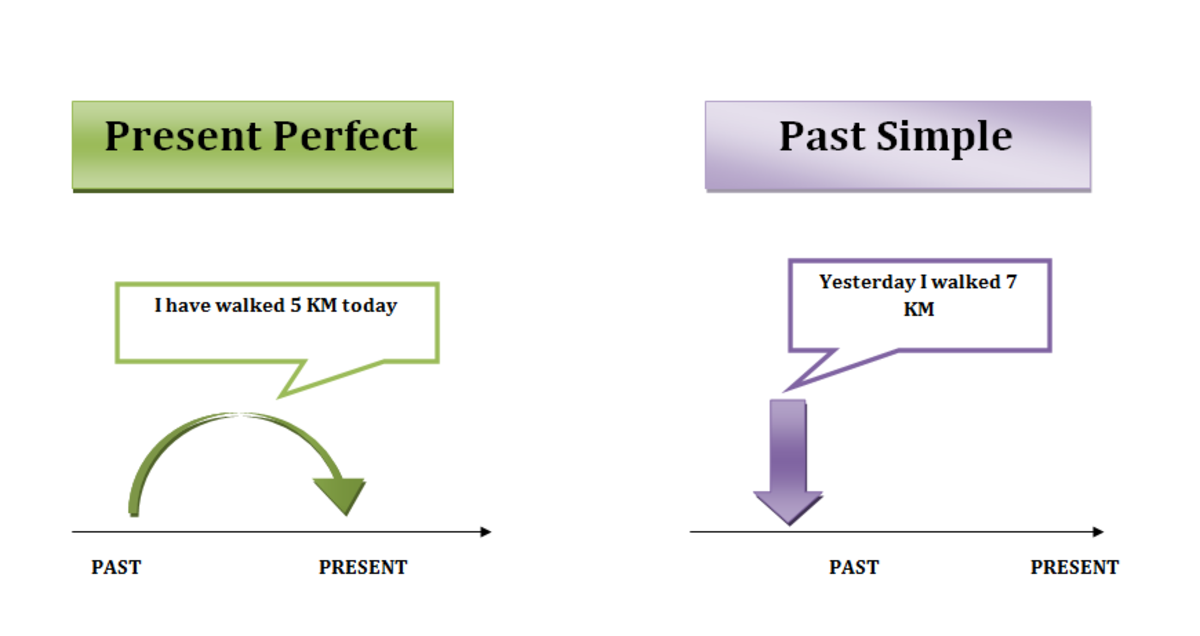Affect and Effect – Common Mistakes in English as a Second Language (ESL)

Affect and effect are two English words that can make learners of English as a Second Language scratch their heads because these words sound alike, are spelled alike, but actually mean differently.
On a day to day use, however, affect works as a verb, an action word.
Effect, on the other hand, regularly works as a noun, which can be a subject or an object in a sentence.
Many students of English as a Second Language get this basic difference between affect and effect quite quickly.
However, confusion springs when affect is used as a noun and effect as a verb, which is quite rare but still a possibility.
Also, affect and effect both have a number of uses.
Affect as a verb has several meanings and so does effect as a noun.
A quick run-through of the uses of affect and effect as well as some sample sentences to clarify these uses are written below.
When to Use Affect
We use affect in the following cases:
- When we need a verb in a sentence, then we almost always choose affect over effect.
- When used as a verb, affect means to “have an effect on.” To make it clearer, affect can mean “influence” or “change.”
- It can also mean to “have an emotional impact on.” This emotional impact may be motivating or distressing.
- It can also mean to “pretend to have.” In this case, to affect means to “fake” or “imitate.”
- When we need a noun when talking about people’s feelings or emotions, then we use affect. Affect, in this case, is a jargon in psychology.
Examples of Affect in Sentences
- How we treat our kids will affect the way they treat others in the future.
- The way we make our kids feel will affect their self-esteem.
- She affected calmness so she would not worry her kid so much.
- Her lack of affect is a sign that she was not treated well in the past.
When to Use Effect
We use effect in the following situations:
- When we need a noun in a sentence, then we almost always choose effect over affect.
- When used as a noun, effect can mean “result” or “end product.”
- It can also mean “impression” or “appearance.”
- It can sometimes refer to “belongings.”
- When we want to say that something or someone has caused, created, or even achieved, then we use effect as a verb.
Examples of Effect in Sentences
- The effects of her foul words were not good on her kid.
- Her promise to practice self-control never went into effect.
- All her caring effects did not seem real.
- She brought all her personal effects with her and never went back.
- The only way for her to change for the better is to effect self-criticism.
- How can she effect humility without being shamed?
Final Notes on Affect and Effect
Affect and effect are very much linked in a way that affecting leads to an effect. The manner of affecting is most of the time related to the nature of the effect.
So as not to be overly confused, we just need to take a mental note of the basic difference of these two words:
Affect = to change
Effect = the result of the change
Mini Test on Affect and Effect
- When did the law go into _____?
- Who will be _____ by the law?
- Residents did not show _____ when they were told about the law.
- How can the city _____ change without drastic measures?
- The law has no positive _____.
Mini Test Answers
- effect
- affected
- affect
- effect
- effects
Copyright © 2012 Kerlyn Bautista
All Rights Reserved








